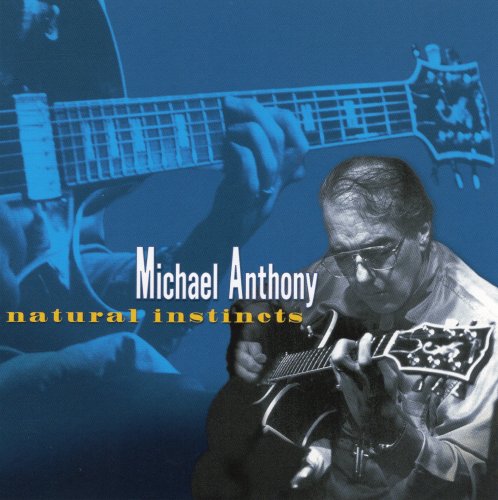Matthew Shipp - The Cosmic Piano (2025)
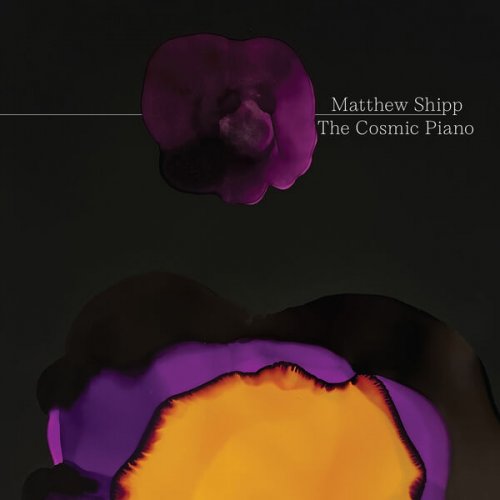
Artist: Matthew Shipp
Title: The Cosmic Piano
Year Of Release: 2025
Label: Cantaloupe Music
Genre: Jazz
Quality: Mp3 320 kbps / FLAC (tracks)
Total Time: 56:04
Total Size: 129 / 190 MB
WebSite: Album Preview
Tracklist:Title: The Cosmic Piano
Year Of Release: 2025
Label: Cantaloupe Music
Genre: Jazz
Quality: Mp3 320 kbps / FLAC (tracks)
Total Time: 56:04
Total Size: 129 / 190 MB
WebSite: Album Preview
1. The Cosmic Piano (3:59)
2. Cosmic Junk Jazz DNA (8:02)
3. Orbit Light (6:22)
4. Piano's DNA Upgrade (5:11)
5. The Other Dimensional Tone (6:38)
6. Blues Orgasm (5:06)
7. Radio Signals from Jazz Keys (2:25)
8. Suburban Outerspace (4:26)
9. Face to Face (3:16)
10. Subconscious Piano (2:08)
11. The Future Is in the Past (5:18)
12. A Cosmic Thank You (3:19)
Avant-jazz pianist and composer Matthew Shipp has been referred to as the “elder statesman” of the art form by DownBeat magazine, but the reach and scope of his music extends much further than mere genre. 𝘛𝘩𝘦 𝘊𝘰𝘴𝘮𝘪𝘤 𝘗𝘪𝘢𝘯𝘰 delivers on that promise — a solo recording that taps into the deeper exploratory potential of the instrument, with Shipp channeling a lifetime of knowledge and a daunting array of influences into nearly an hour of spontaneous, enlightened and joyfully rendered music.
“The preparation is your life,” Shipp explains. “If you’re a real improviser — and I mean 𝘳𝘦𝘢𝘭 by acknowledging that it’s a praxis and an art form and a discipline — it’s like being a boxer. You do your road work, speed bag, heavy bag and then you spar, and it’s an all-day process for you. It’s a lifestyle.”
As with all of Shipp’s music, this recording goes beyond any simple categorization, and in part informs why he wanted to release the album through Cantaloupe Music, the in-house label of Bang on a Can. The New York-based arts collective has built a worldwide reputation for nurturing new music dubbed as “alternative classical,” “experimental classical” or “indie classical,” and is known for collaborating with artists and composers across all genres, including jazz, electronic, rock, pop and hip-hop.
As Bang on a Can co-founder David Lang writes in the liner notes, “Matthew had the idea that if his music could be heard in the context of Cantaloupe’s catalog, it could encourage people to hear a different aspect of what he does. It isn’t that he made a different kind of music than he usually makes — this music is clearly his! The powerful architecture, the sly dissonance, the joyful and quick changes of pace, they are all still here. What has changed is the context in which we are listening to it. Matthew imagined that changing the frame in which we hear the music might allow us to hear something new in it, something we did not expect.”
“The preparation is your life,” Shipp explains. “If you’re a real improviser — and I mean 𝘳𝘦𝘢𝘭 by acknowledging that it’s a praxis and an art form and a discipline — it’s like being a boxer. You do your road work, speed bag, heavy bag and then you spar, and it’s an all-day process for you. It’s a lifestyle.”
As with all of Shipp’s music, this recording goes beyond any simple categorization, and in part informs why he wanted to release the album through Cantaloupe Music, the in-house label of Bang on a Can. The New York-based arts collective has built a worldwide reputation for nurturing new music dubbed as “alternative classical,” “experimental classical” or “indie classical,” and is known for collaborating with artists and composers across all genres, including jazz, electronic, rock, pop and hip-hop.
As Bang on a Can co-founder David Lang writes in the liner notes, “Matthew had the idea that if his music could be heard in the context of Cantaloupe’s catalog, it could encourage people to hear a different aspect of what he does. It isn’t that he made a different kind of music than he usually makes — this music is clearly his! The powerful architecture, the sly dissonance, the joyful and quick changes of pace, they are all still here. What has changed is the context in which we are listening to it. Matthew imagined that changing the frame in which we hear the music might allow us to hear something new in it, something we did not expect.”
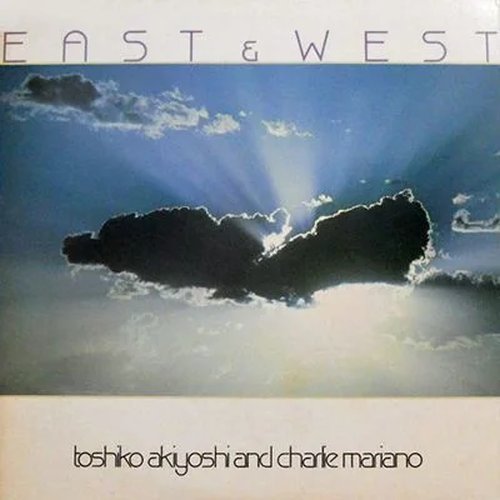
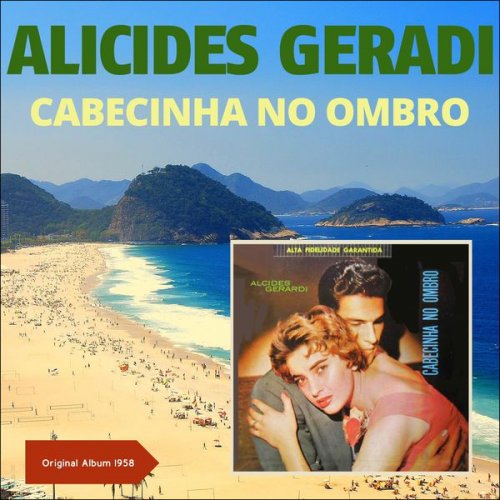
![Andreas Haddeland Trio - Estuar (2025) [Hi-Res] Andreas Haddeland Trio - Estuar (2025) [Hi-Res]](https://www.dibpic.com/uploads/posts/2025-06/1750076438_hqz87p3g57pab_600.jpg)
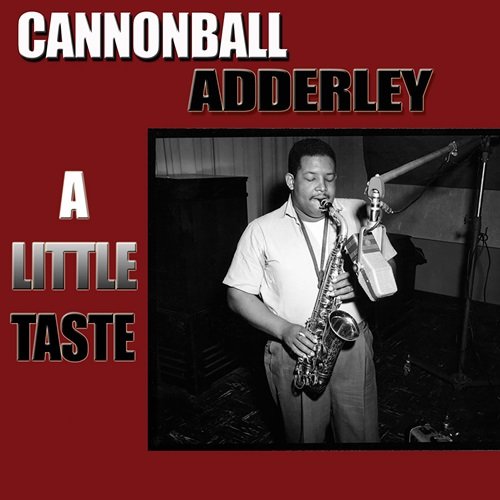
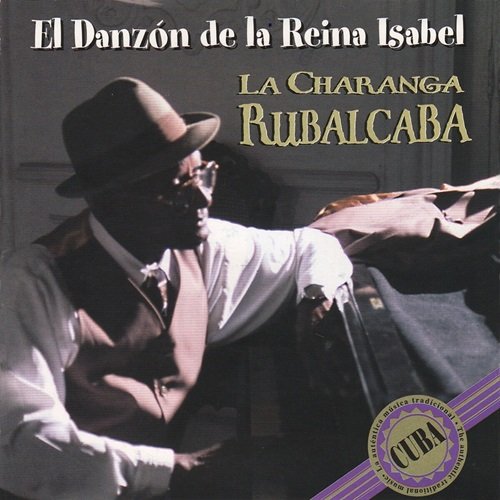
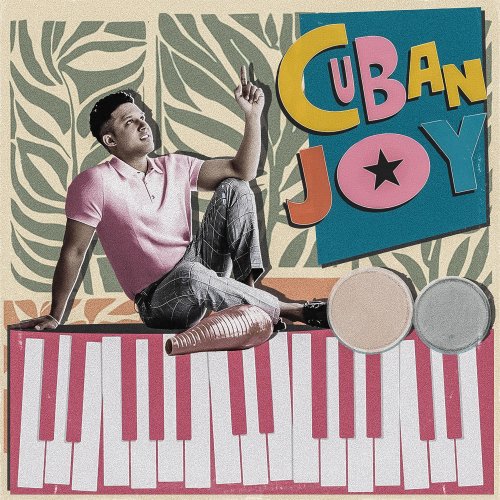
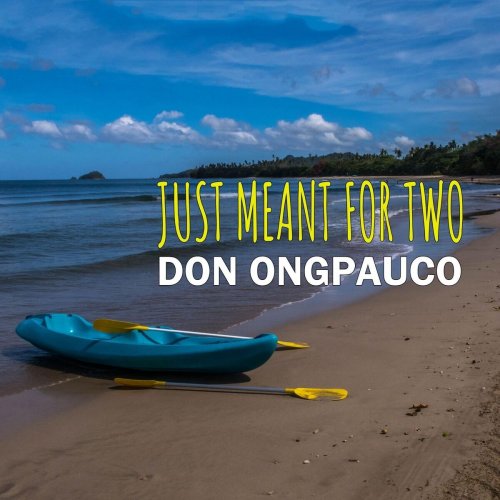
![Bussol - Cae de tus Manos EP (2025) [Hi-Res] Bussol - Cae de tus Manos EP (2025) [Hi-Res]](https://www.dibpic.com/uploads/posts/2025-06/1750101647_folder.jpg)
